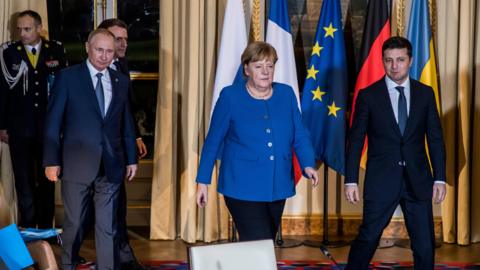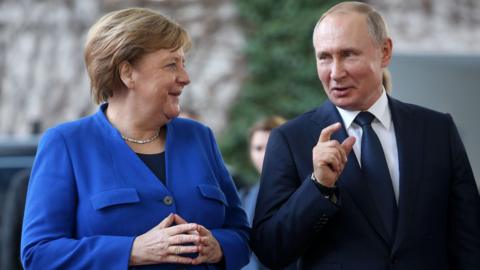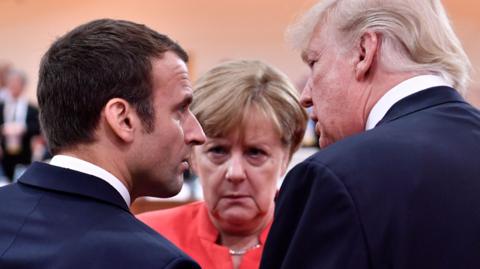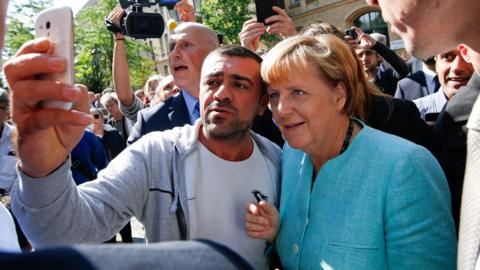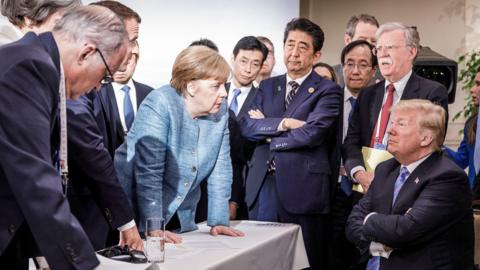In a rare interview since she stepped down from politics three years ago, Mrs Merkel expresses concern about Vladimir Putin’s renewed threats of using nuclear weapons.
The two leaders got to know each other well over the course of two decades.
"We must do everything possible to prevent the use of nuclear weapons,” the former German Chancellor says.
"Thankfully, China also spoke about this a while back. We shouldn't be paralysed by fear, but we must also acknowledge that Russia is the biggest, or alongside the US, one of the two biggest nuclear powers in the world.
"The potential is frightening."
Despite enjoying high popularity ratings during most of her time in office, Mrs Merkel now finds herself on the defensive.
She has just published her memoir, Freedom. And the timing is interesting.
She says she did everything in her power to ensure peaceful means of co-operation with Russia.
In fact, Mr Putin launched his full-scale invasion of Ukraine just months after she left office.
This prompted a thorough re-examination in Europe of energy policies, diplomacy with Russia and also migration policies that had become the norm under Mrs Merkel.
